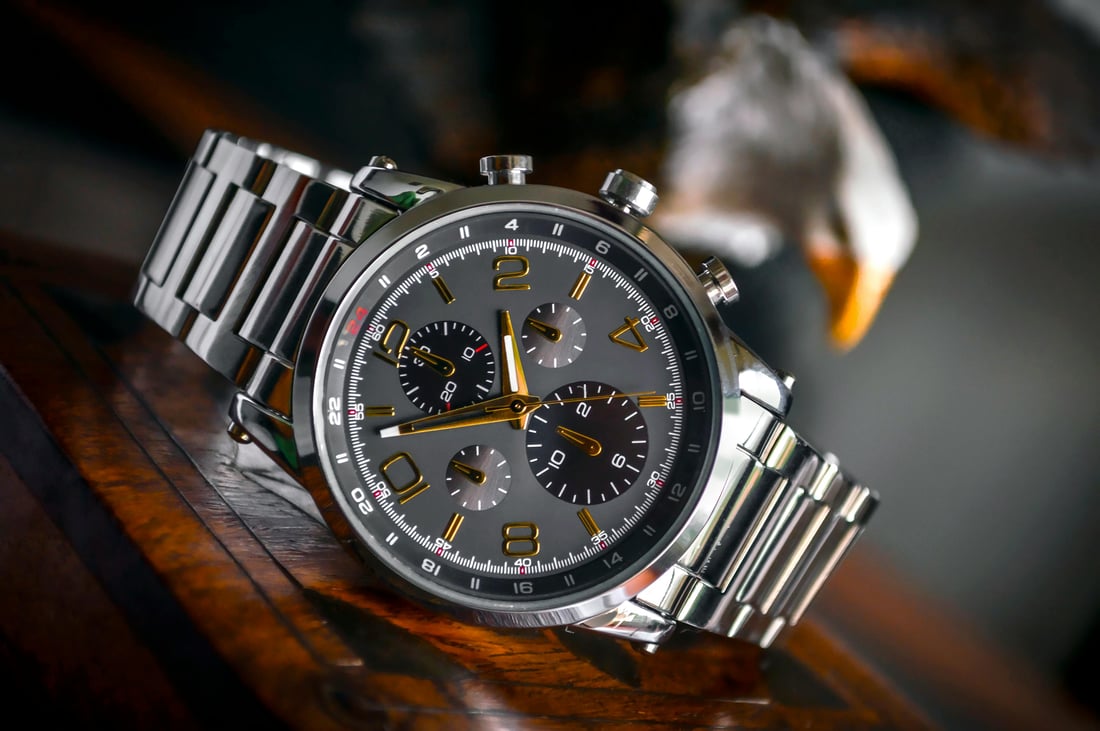What is watch inspection?
Watch inspection is a process of examining a watch to determine its condition, authenticity, functionality, and overall value. It involves a thorough examination of the watch's movement, case, dial, hands, and strap. Watch inspection is vital for watch enthusiasts, collectors, and buyers to ensure that they are getting the real deal.
Why is Watch Inspection Necessary?
Watch inspection is necessary to avoid buying counterfeit and damaged watches. It helps in identifying the authenticity of the watch, determining the condition of the watch, and evaluating its value in the market. A proper watch inspection also helps in detecting any hidden damages, such as water damage or previous repairs, and ensures the watch's longevity and performance.
How to Inspect a Watch?
There are several ways to inspect a watch. Here are some of the common methods:
- Visual Inspection: This involves examining the watch's exterior, including the case, dial, crystal, hands, and strap, to see if there are any scratches, discoloration, or damage.
- Functional Inspection: This requires checking the watch's functionality, including its accuracy, timekeeping, calendar, and stopwatch functions.
- Water Resistance Inspection: This involves testing the watch's resistance to water, ensuring that it can withstand immersion in water.
- Mechanical Inspection: This involves opening the watch's back to examine the movement, including the gears, springs, and balance wheel, to ensure that they are functioning correctly.
- Expert Inspection: This is a thorough analysis done by a professional watchmaker or horologist to evaluate a watch's condition, authenticity, and value.
What to Look for in a Watch Inspection?
During a watch inspection, there are some essential things to look for, including:
- Authenticity: Check for any signs of forgery, such as fake logo, serial numbers, or engraving.
- Condition: Inspect for any damage, such as scratches, dents, or discoloration, that may reduce the watch's value.
- Functionality: Evaluate the watch's accuracy, timekeeping, calendar, and other functions to determine its performance.
- Water Resistance: Test the watch's water resistance to ensure that it can withstand immersion in water.
- Service Records: Check for any previous services or repairs, which could indicate the watch's condition and value.
When to Inspect a Watch?
A watch should be inspected before purchasing, especially if it is a vintage or second-hand watch. If you own a watch, it should be inspected regularly, preferably once a year, to identify any potential damages and to service the watch, ensuring its longevity and performance.
Where to Get a Watch Inspected?
You can get a watch inspected by a professional watchmaker, horologist, or a reputable watch service center. It is advisable to avoid getting the watch inspected by a non-certified watch repairman, as it may lead to further damage and decrease the watch's value.
How Much Does a Watch Inspection Cost?
The cost of a watch inspection may vary depending on the location, type of watch, and type of inspection. A basic watch inspection may cost around $50-$150, while a full expert inspection may cost over $500, depending on the watch's complexity and value.
Conclusion:
In conclusion, a watch inspection is a vital process for watch enthusiasts, collectors, and buyers to ensure the authenticity, condition, functionality, and value of a watch. It helps in detecting any potential damages, determining the watch's longevity and performance, and ensuring that you are buying the real deal.

